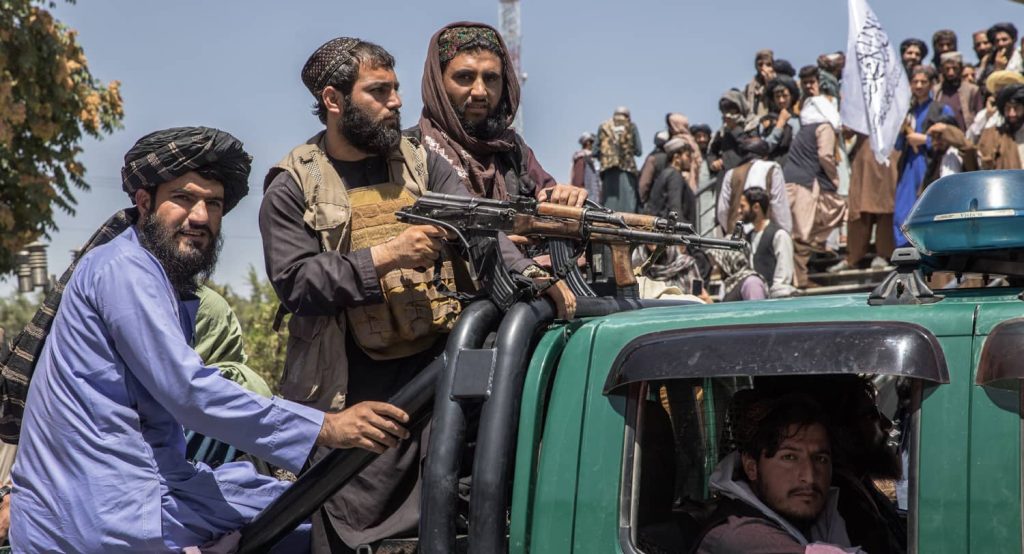Before regaining power in Afghanistan, the Taliban reportedly signed the Mir Ali Agreement with the Pakistani Taliban, al-Qaeda, and other foreign militants. According to this pact, the Taliban promised support for these groups in their “jihad” and the establishment of a Sharia system in Pakistan after their victory.
A source close to the Pakistani Taliban revealed to a private Afghan TV channel that Sirajuddin Haqqani signed the agreement with the leaders of Tehreek-e-Taliban Pakistan (TTP), al-Qaeda commanders, and other influential figures. These included Hafiz Gul Bahadur, leader of the Ittehadul Mujahideen Shura of North Waziristan, and Maulvi Sadiq Noor Dawar. The signing occurred in the Mir Ali region of North Waziristan. At the time, Haqqani served as deputy to Mullah Hibatullah, the Taliban leader. This agreement, now known as the Mir Ali Agreement, highlighted the Taliban’s pledge to foreign fighters.
The source added that tensions arose following Pakistan’s airstrikes in April 2022 in Khost Province. Taliban Defense Minister Yaqoob Mujahid summoned Pakistani Taliban leaders, including Hafiz Gul Bahadur, urging them to halt attacks in Pakistan. However, Bahadur presented the Mir Ali Agreement, which affirmed the Afghan Taliban’s backing for foreign militants.
For the past three years, Islamabad has accused the Afghan Taliban of supporting Pakistani militants. Although the Afghan Taliban denied these allegations, claiming Afghan soil is not used against other nations, the Mir Ali Agreement suggests active support for the Pakistani Taliban. This pact was reportedly signed in gratitude for foreign militants’ assistance in the Taliban’s battle against the former Afghan government, NATO, and U.S. forces.
Relocating Militants from Kabul
A separate source disclosed that after the death of al-Qaeda leader Ayman al-Zawahiri, Sirajuddin Haqqani and Yaqoob Mujahid advised foreign fighters to relocate. Kabul was deemed unsafe for them due to increased surveillance. Hafiz Gul Bahadur moved from Shakardara in Kabul to Barmal District, Paktika, while Mufti Noor Wali Mehsud, previously in Khairkhana, shifted to Kunar Province.
In June 2023, a United Nations Security Council report noted distrust within the Taliban following al-Zawahiri’s killing in Kabul. Some leaders suspected internal betrayal, while others, particularly the Doha negotiators, feared the incident violated promises made in the Doha Agreement not to harbor global terrorists. Sources claim Mullah Baradar confronted Haqqani, accusing him of undermining Taliban credibility by sheltering al-Zawahiri. Haqqani, however, defended his actions, stating Mullah Hibatullah Akhundzada had approved the arrangement.
Uyghur Fighters in Herat
The Taliban reportedly relocated al-Qaeda members to provinces like Logar, Helmand, and Kunar. Uyghur militants linked to the East Turkestan Movement were moved to Shindand District in Herat to address Chinese concerns. In May 2022, Pakistan requested the Taliban to relocate TTP members to northern Afghanistan, including Logar and Ghazni. However, the TTP rejected these areas, deeming them unsuitable for operations.
The Taliban’s Interior Ministry allegedly promised foreign militants improved infrastructure, including roads and housing. Subsequently, roads connecting Pasa Mila, Dowa Manda, and Spera Districts were constructed. Despite this, the Taliban reportedly restricted TTP leaders from public appearances or media engagements. Yet, Mufti Noor Wali Mehsud responded defiantly, stating, “The sun cannot be hidden with two fingers.”
The Mir Ali Agreement remains a significant challenge for the Taliban government. Balancing internal and external militant groups while addressing international scrutiny has proven increasingly complex.


